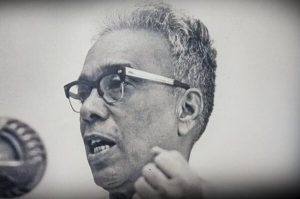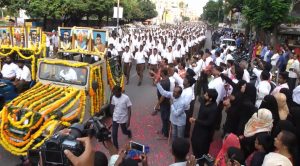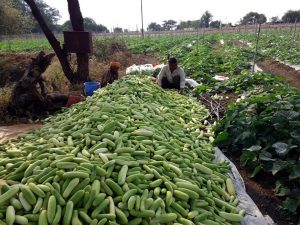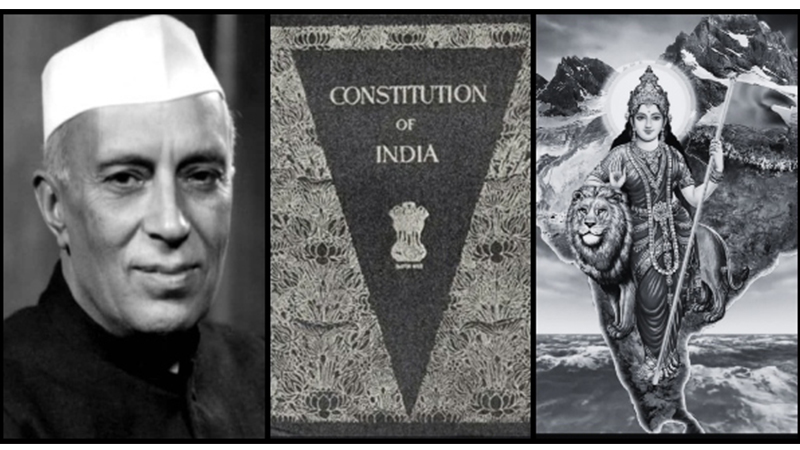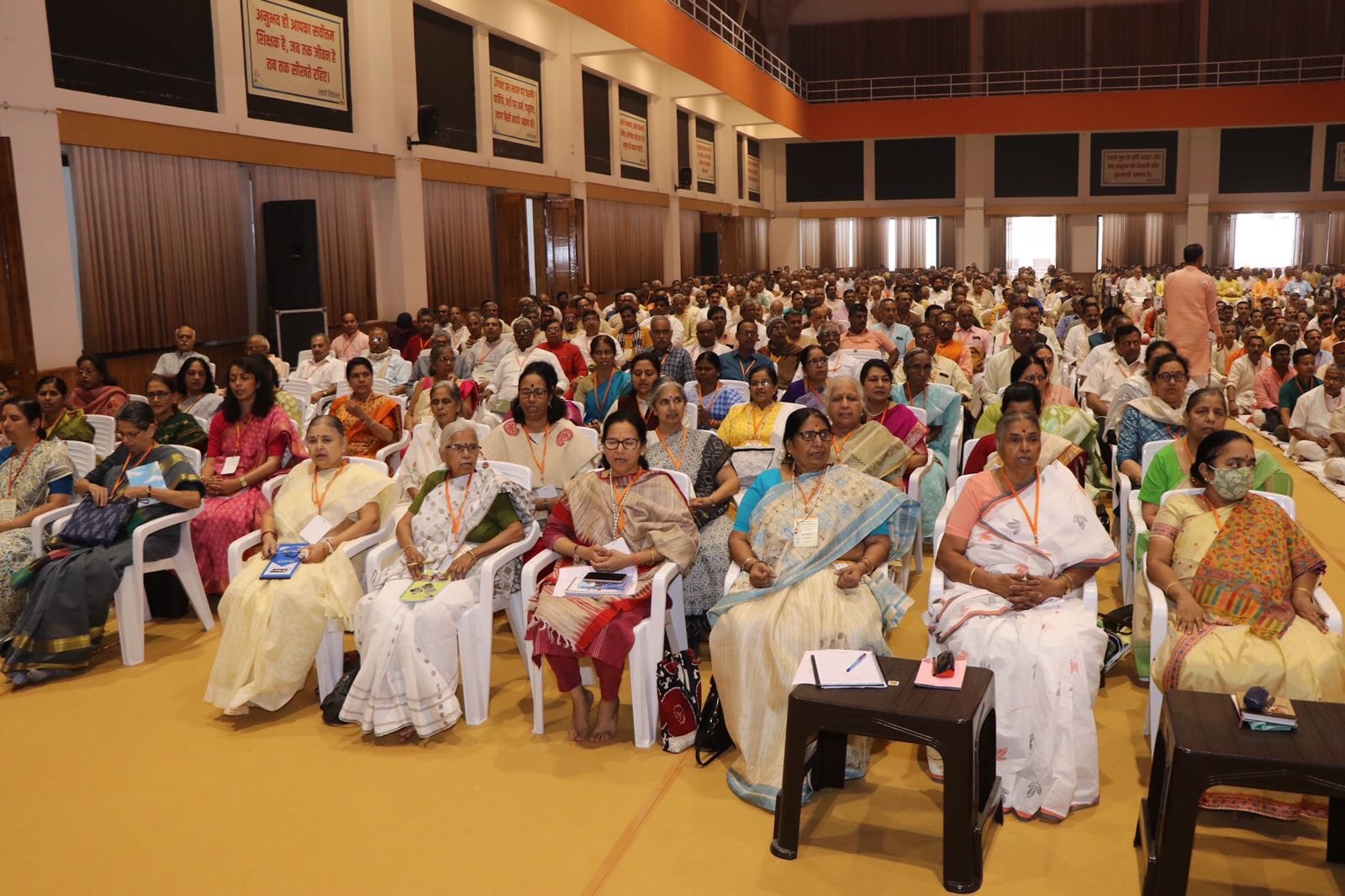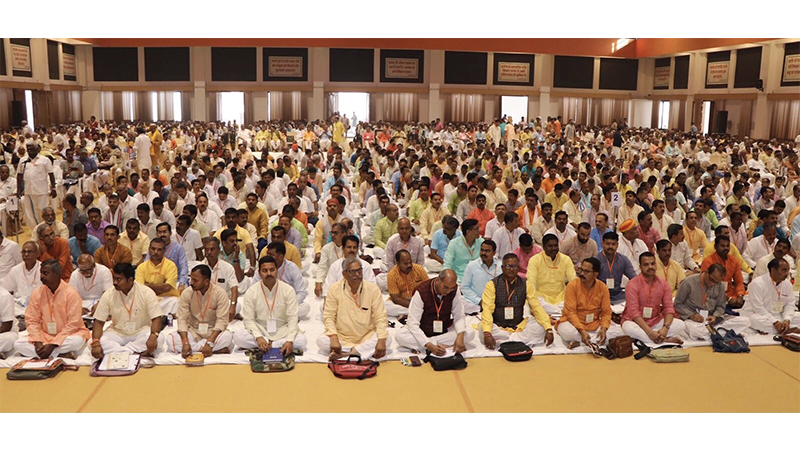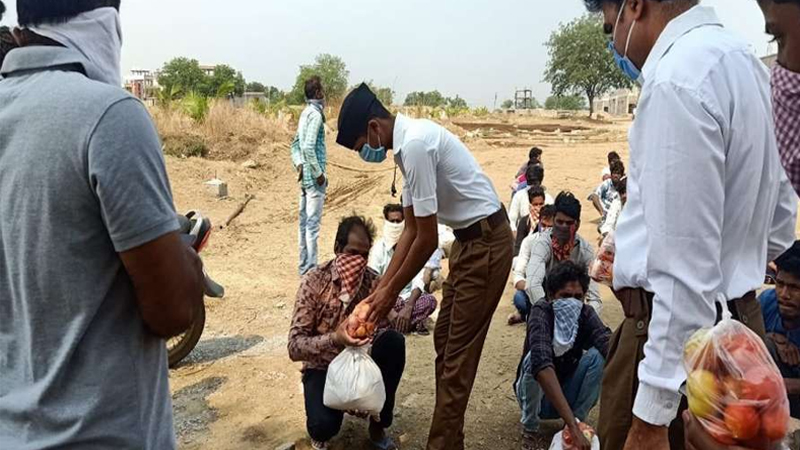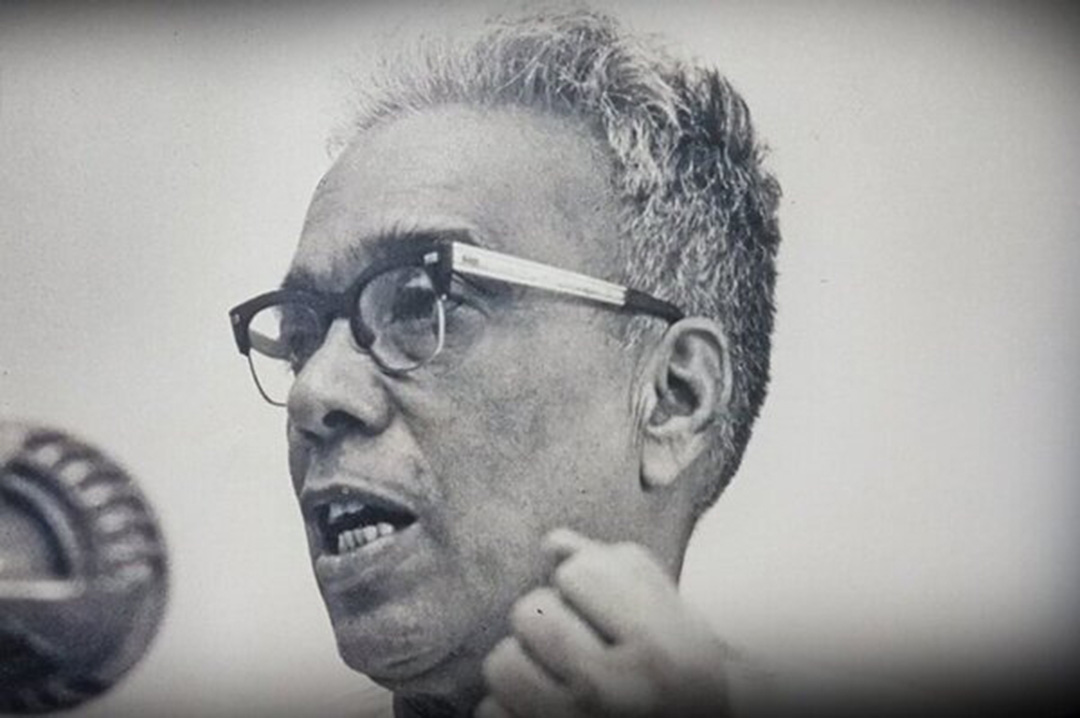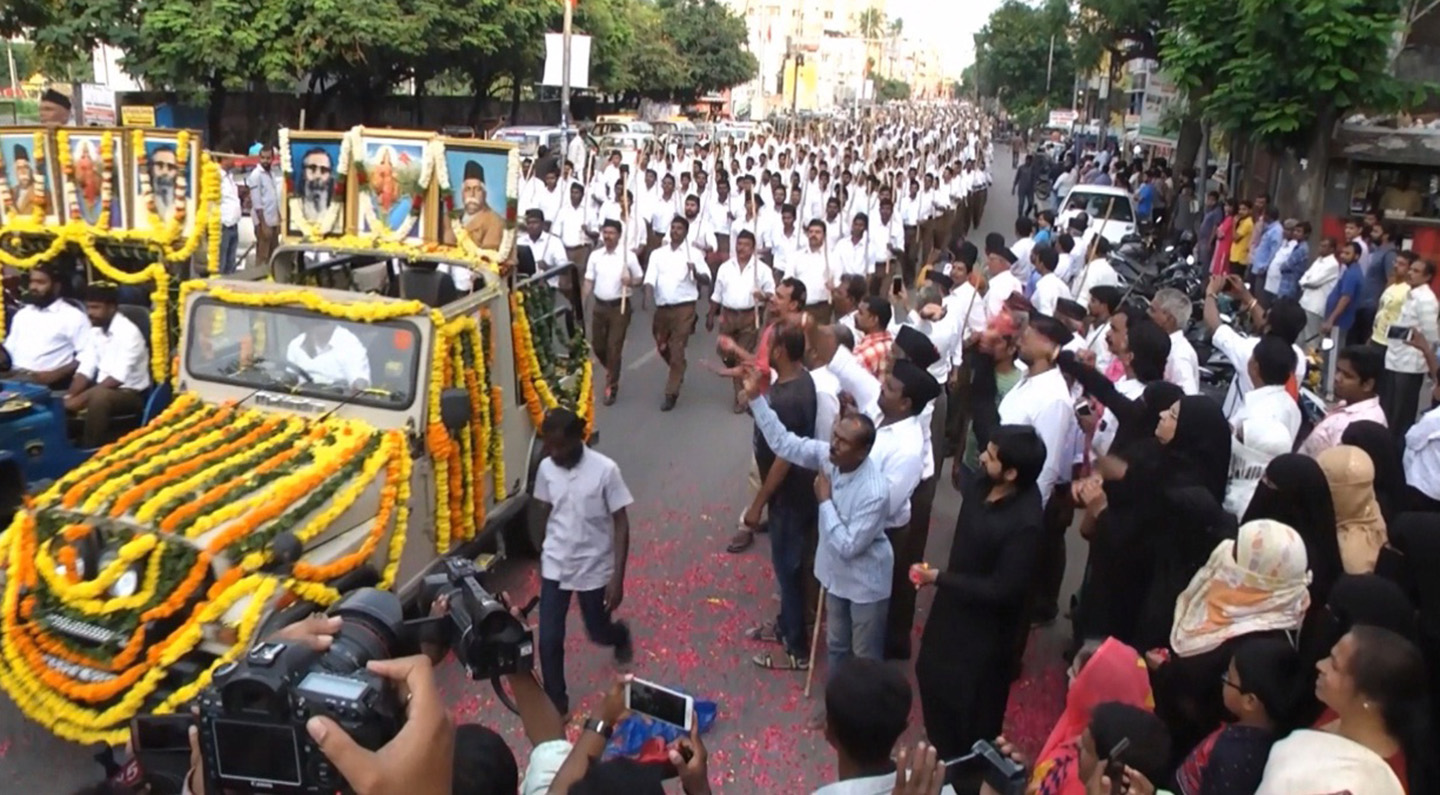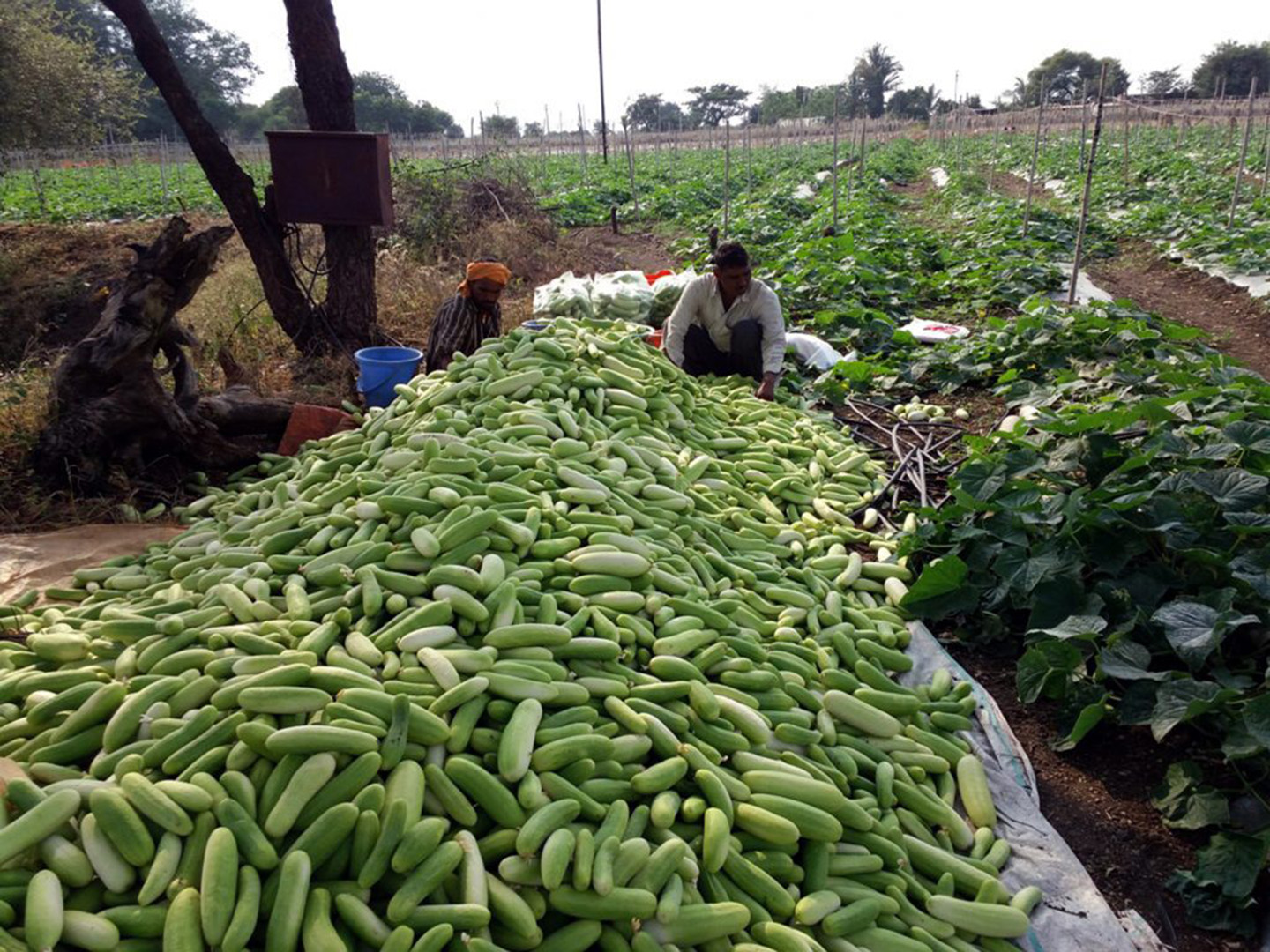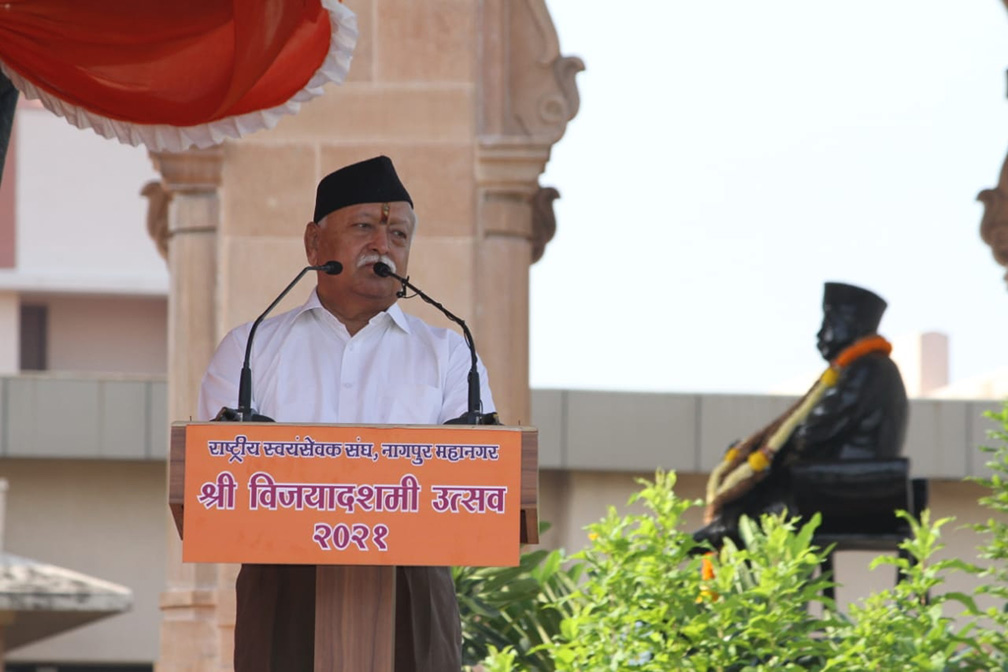Why the world of economics should replace ‘economic man’ with ‘whole man’
Updated: June 10, 2024 10:12
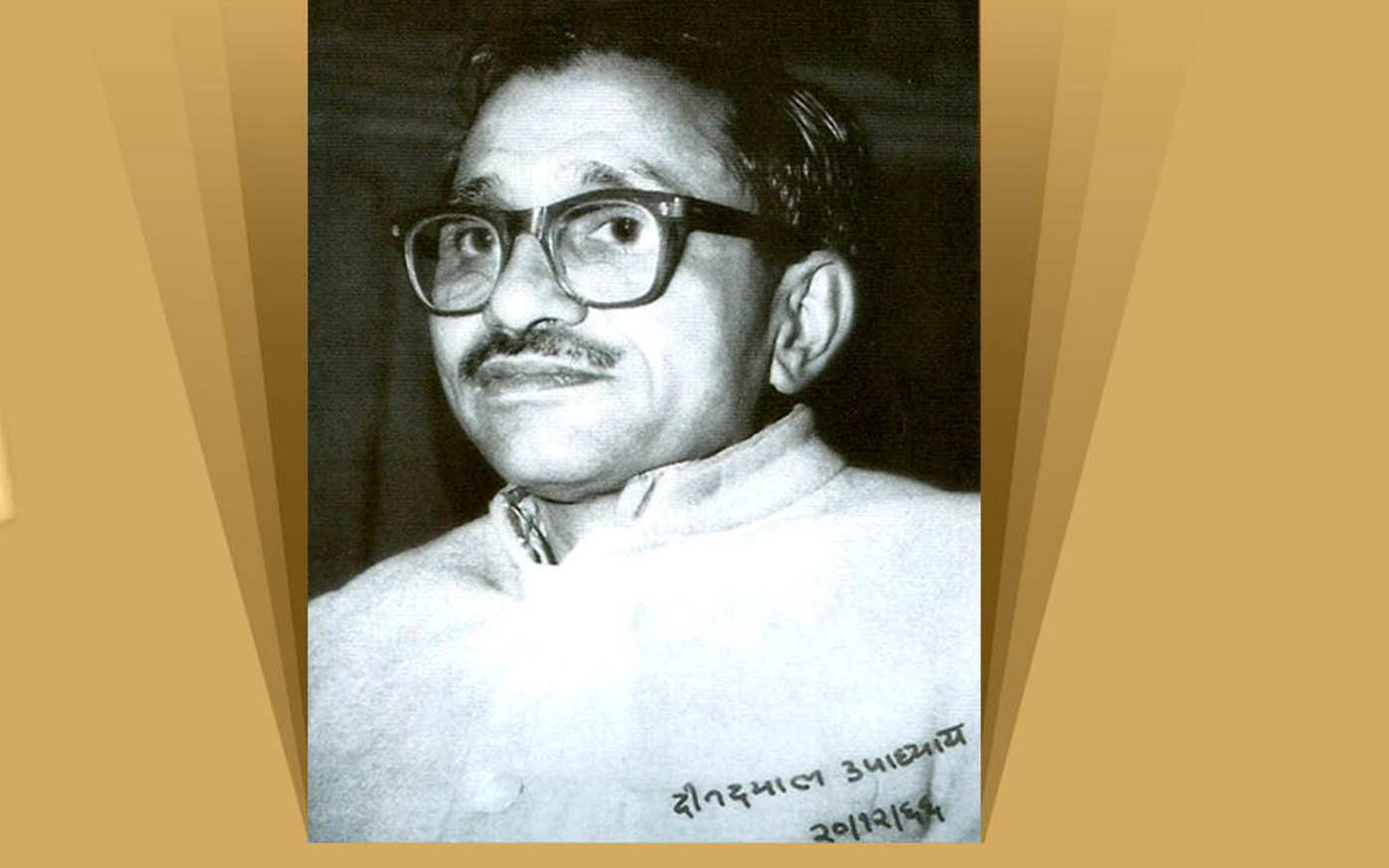
There is a crisis in economic theory and that has been reflected by the growing inequalities and the unsustainable growth models going bust across the world over the last 100 years. This crisis in economic theory started in the post-Keynesian era. The collapse of the Soviet Union in 1989 and subsequent dismantling of communist economies were evident examples of the failure of Marxist economics. From the early 1990s, globalisation based on capitalism became the buzzword and India also opted for the same. However, from 1999 onwards we have seen a massive increase in volatility in the economic sphere. There have been too many crises, growth has slowed down, inequalities of income and wealth have perpetuated even in the developed world and technology divide has created a new uncertain world.
This is the time to question the fundamental theory of ‘economic man’ that forms the basis of the modern economic theory. The term “economic man” (also referred to as “homo economicus”) refers to an ideal person who acts rationally, with perfect knowledge and who seeks to maximize personal utility or satisfaction. Though behavioural economics has tried to challenge this theory , most of the economic models consider human beings to be self-centered, parochial and narrow-minded individuals who take economic decisions that serve his material interests. The concept of ‘economic man’ has been developed by the western economists to understand the behaviour of humans engaged in economic activity. It is based primarily on an abstraction known as the ‘economic man’ that was developed in the 19th century by philosophers like John Stuart Mill. This western concept of ‘economic man’ associates’ rationality with self-interest only and doesn’t look at the non-materialistic aspects that might be the driving force for an individual. To sum up, the western theory of ‘economic man’ is a fragmented framework and that is why it has led to flawed economic models that lack a holistic approach.
In this context, it is important to have a relook at the work of Pandit Deendayal Upadhyay, a full-time worker(Pracharak) of the Rashtriya Swayamsevak Sangh(RSS). Upadhyay propounded the theory of ‘Integral Humanism’ that is now the official ideology of the Bharatiya Janata Party(BJP). This theory provides an alternative view to the concept of ‘economic man’.
Ashok Modak has explained it in detail in an essay titled ‘Relevance of Ekatma Manav Darshan’(Ekatma Vikas Patrika, Volume I, Issue 1 April–June 2024, Yugabd 5126, English, Quarterly). Modak says, “ Deendayalji has stated that if from the perspective of capitalism every man is an economic man, from that of Marxism, everybody is an abstract entity. He has further argued that if the ‘economic man’ of capitalism runs exclusively for pocketing personal profit in each walk of life, the ‘abstract man’ of Marxism finds himself totally helpless, unable to exercise his individuality, his tastes and preferences. Integral Humanism is interested in re-establishing ‘Man’ in his rightful position, in bringing him to the realization of his greatness, in encouraging him to exert for attaining divine heights of his latent personality.”
He further adds, “Integral Humanism does indeed provide the best alternative, as from its perspective man is a whole and so all his activities have an overarching unity. We may divide human life into different compartments for the sake of analysis and study. Real life however does not entertain an artificial individual as it knows that a split personality and an unbalanced social group cause tragic catastrophes. Holistic paradigm of integral humanism not only considers ‘man’ as a whole, but also emphasizes inseparability between man and society and indivisibility between society and nature.”
While the theory of ‘integral humanism’ talks about the ‘whole man’, the western economics remains obsessed about the concept of ‘economic man’. Though behavioural economists have tried to supplement the theory of economic man by adding certain psychological aspects to the process of decision making by an individual, even then the economic models of the west remain flawed as they are still not able to figure out the concept of the ‘whole man’. Upadhyay, MG Bokare, Dattopant Thengadi and Bajrang Lal Gupt are some of the modern-day practitioners and theorists who have done substantial work on the concept of ‘Whole Man’. Their work should be discussed in much more detail in this context.
Ravindra Mahajan, an expert on Integral Humanism sums it up aptly,(Editorial; Ekatma Vikas Patrika; Volume I, Issue 1 April–June 2024, Yugabd 5126, English, Quarterly), “ Our search for alternative paradigm of development must relate to our own history and culture, which ideally provide the basis for national Philosophy. The philosophy evolves in tune with the innate nature of a nation over a long period of time. Our ancient national philosophy has evolved through a holistic view of life encompassing the animate and the inanimate creation. It looks at the man, not as juxtaposed to the others but as an integral one with the entire Creation. Hence our national philosophy is aptly termed as Ekatma Manav Darshan (Integral Humanism). It provides a better alternative of development encompassing all aspects of human existence.”
